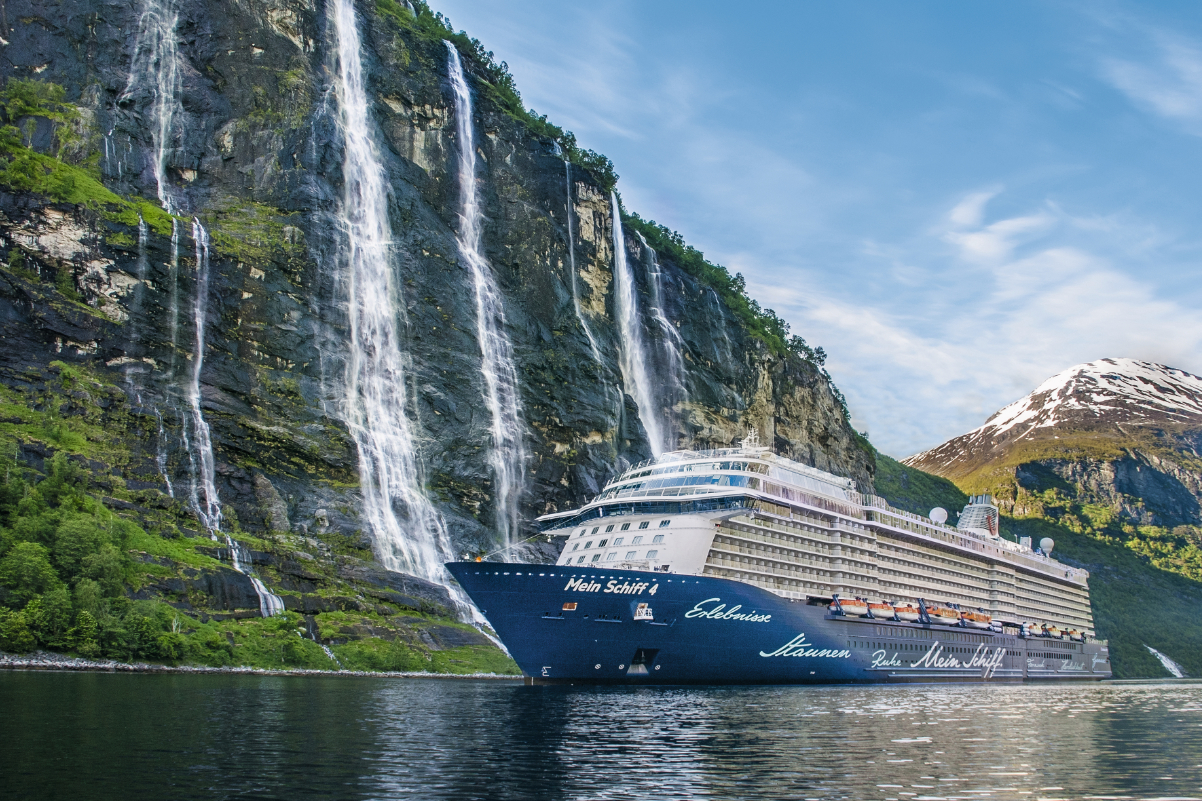TUI Group, Europe’s largest travel operator, reported strong results for fiscal year 2024, and pointed to a more modest pace of growth next year.
Revenue grew 12% to about $24.4 billion (€23.2 billion) and net profit gained 66% to $533 million (€507 million).
The company served 20.3 million customers, a 7% increase.
And it expanded its portfolio to 433 hotels, including new properties in emerging markets like Vietnam, Malaysia, and China.
TUI’s Cruises division also had particularly strong performance, with earnings up 59%. The launch of the new vessel Mein Schiff 7 in June expanded TUI’s fleet to 17 vessels.
2025 Outlook
For 2025, management is targeting a 5% to 10% increase in revenue and 7% to 10% growth in operating earnings.
Early bookings for Winter 2024/25 show promising trends. Pricing is 5% higher than last year, while bookings are up 4% year-over-year. Summer 2025 pricing is up 3%, with bookings up 7%.
The company’s move to price its vacation packages dynamically continues to become more widely available. The company bolstered profits with these packaged holidays, which have flourished as inflation has prompted many Europeans to seek cheaper trips.
Climate Change Impact
TUI said that in Summer 2024, it expanded its season for selected destinations in Türkiye and Greece, and it said it expects to do that more often and in a larger number of destinations.
“This is in line with a shift in consumer preferences away from peak seasons during which heat waves may occur to off-peak seasons during which the weather is still very favorable for travel,” the company’s annual report said.
It will also look to offer new destinations in response to changing weather conditions, such as more travel to destinations around the Baltic Sea.
The company also emphasized its commitment to sustainability, announcing progress toward its goal of net-zero emissions by 2050. Recent initiatives include launching three solar power plants in Türkiye and introducing shore power capabilities for its cruise fleet.
Headwinds to Face
TUI is making a strategic pivot from being a traditional tour operator to what it calls a “digital marketplace for holiday experiences.” This requires tech investment to dynamically package and offer inventory worldwide while maintaining quality control over its owned assets like hotels and cruise ships.
While leisure travel has proven resilient, TUI faces some turbulence:
- Geopolitical tensions impacting key markets
- Cost inflation squeezing margins
- Climate regulations tightening around aviation
- Growing competition in digital distribution
The company reduced its net debt position by about 22% to about $1.68 billion (€1.6 billion), prompting credit rating upgrades from agencies S&P and Moody’s. Yet managing the debt may crimp its ability to pursue mergers and acquisitions to fulfill its strategy transformation.
“TUI needs to invest in its business to keep it fresh and relevant to holidaymakers,” wrote Dan Coatsworth, an analyst for investment bank AJ Bell, in a flash report. “There is an argument to say it is still playing catchup in this area versus rivals.”

